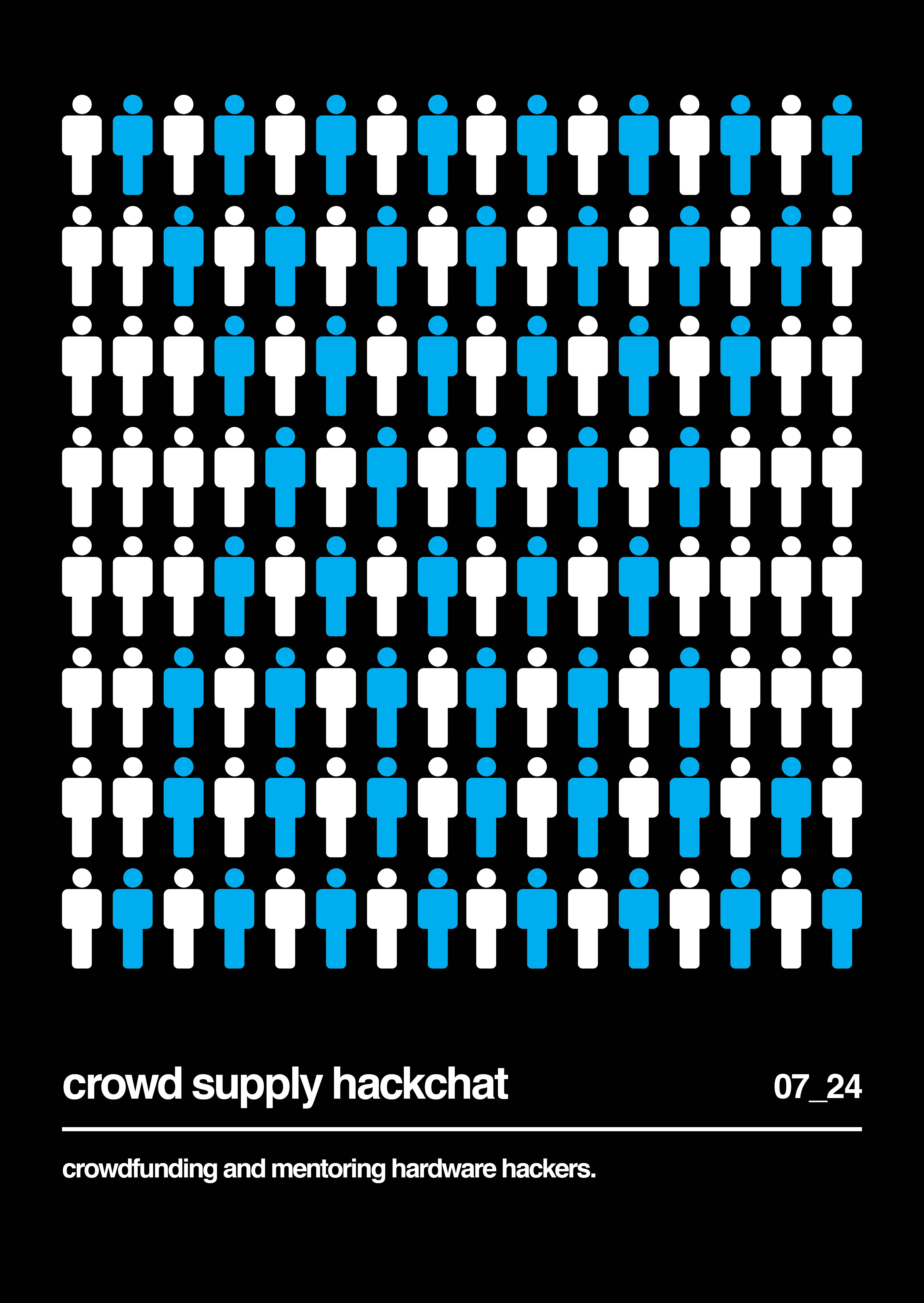Join us on Wednesday, July 24th at noon Pacific for the Crowd Supply Hack Chat with Josh Lifton!
When you’re ready to take your Next Big Idea from a project to a product, you face problems that don’t normally present themselves to the hobbyist. Building one of something is quite different from building many of them, and soon you’re dealing with issues with parts suppliers, PCB fabrication, assembly, packaging, shipping, marketing, and support.
It takes a lot to get your idea to market, and a guiding hand would be most welcome to the budding hardware tycoon. That’s the logic behind Crowd Supply, the Portland-based crowdfunding and mentoring company. Josh Lifton is its CEO, and he’ll drop by the Hack Chat to answer all your questions about how crowdfunding works, what Crowd Supply offers to help creators, and what the fundamentals of a successful project are.
 Our Hack Chats are live community events in the Hackaday.io Hack Chat group messaging. This week we’ll be sitting down on Wednesday July 24 at 12:00 PM Pacific time. If time zones have got you down, we have a handy time zone converter.
Our Hack Chats are live community events in the Hackaday.io Hack Chat group messaging. This week we’ll be sitting down on Wednesday July 24 at 12:00 PM Pacific time. If time zones have got you down, we have a handy time zone converter.
Click that speech bubble to the right, and you’ll be taken directly to the Hack Chat group on Hackaday.io. You don’t have to wait until Wednesday; join whenever you want and you can see what the community is talking about.
[Photo credit: Jon House, Portland Tribune]













